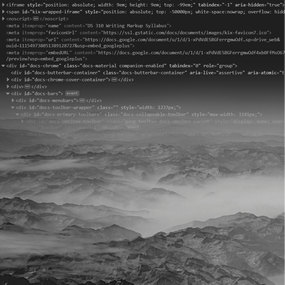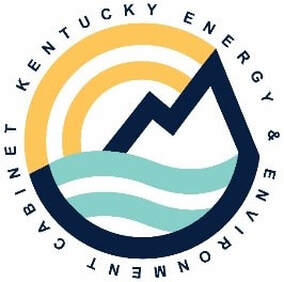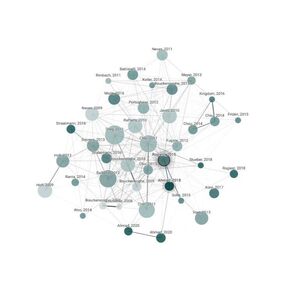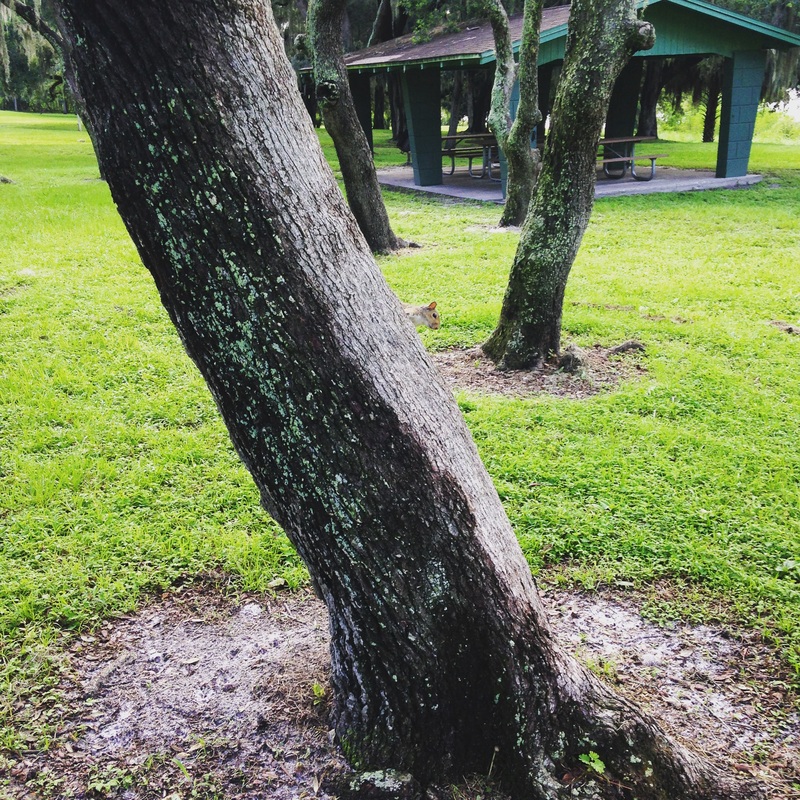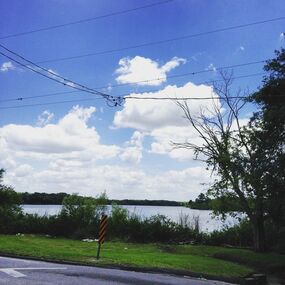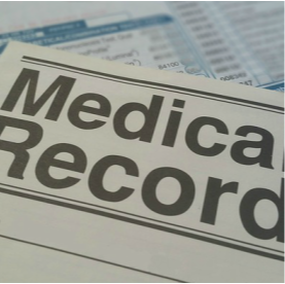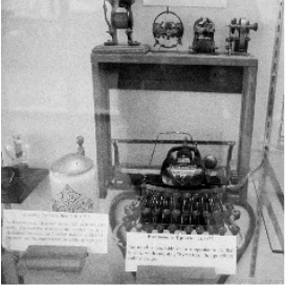All my teaching materials are available for adaptation & reuse.
If you do use them, let me know at [email protected]!
If you do use them, let me know at [email protected]!
NOTE: Please see my resources page for additional non-course specific teaching materials.
UG Digital Studies Course: Writing Markup
This course explores the history, theory, and application of markup languages, which provide the semantic structure governing our digital world. Understanding markup languages’ affordances and constraints enables understanding of rhetorical choices available across digital platforms and compositional contexts. For the major assignment, students code their own digital portfolio.
|
Advanced Tech Comm: Digital Accessibility for Disabled Users
In this service-learning course with the Kentucky Division for Air Quality, students learned about accessibility standards and how to ensure texts, videos, and other materials meet and exceed those legal standards. For the final project, students co-wrote user guides for the Kentucky Energy and Environment Cabinet on remediating PowerPoints, PDFs, and data visualizations to be accessible.
|
Writing in
|
Communicating the Value of SustainabilityThis course draws on research in rhetoric, environmental communication, & policy studies to provide 1) an understanding of the challenges & opportunities for communicating about sustainability; 2) a theoretical framework for analyzing communication challenges; & 3) practice at applying that knowledge to the production of written documents & digital artifacts.
|
Visual Rhetoric for Technical CommunicationThis course is about studying the persuasive aspects of visual texts; "text" is broadly construed to include documents, letterforms, films, buildings, video games, photographs, and more. Course assignments involve reading theory and making things in order to produce and complicate ideas about how visuals are meaningful, affective, and persuasive.
|
New Media for Technical Communication This course uses service-learning projects to teach contexts, research methods, and genres of technical communication in software development contexts. Iterations of the course have focused on 1) system requirements, use cases, and test cases; 2) agile project management; and 3) UX testing and design. Assignments include written and oral presentations.
|
Expository Writing: Writing for the Web
This fully online writing-intensive course teaches the fundamentals of writing in various digital spaces, including medium.com, Twitter, and Amazon book reviews. Using rhetorical concepts like kairos, ethos, and topoi, students investigate genres and discourse communities in these spaces. Students read, write, and review each other's work.
|
Technical Communication for Health SciencesThis course exposes students to a variety of communicative means for expressing technical and semi-technical information in service of effective, efficient, and patient-focused health and healthcare systems. Assignments include patient communications, elevator pitches, and white papers on health concepts and technologies.
|
Communication for Engineers This course focuses on the communication concerns of engineers, including the content, organization, format, and style of specific types of engineering documents and oral presentation skills. Course assignments address ABET learning outcomes focused on communication, ethics, and multidisciplinary work.
|
